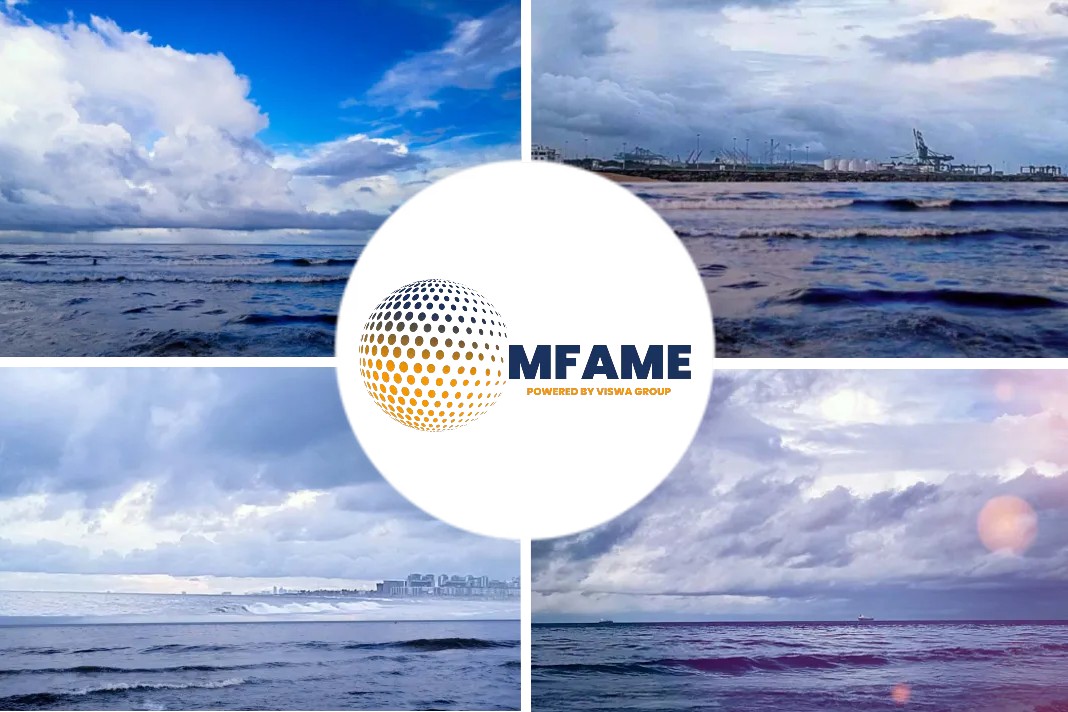
CargoX, a document transfer solutions provider, showed an increase in the number of users of the CargoX platform to simplify and expedite electronic trade documents and facilitate Advance Cargo Information (ACI) processes in global supply chains, reports Trade Finance Global.
CargoX platform
CargoX reports that its platform has processed 3,478,124 electronic trade documents. Over 99% of those documents were shipping documents, showing the need for progress of both electronic bills of lading (eBL) and blockchain trade documents between parties using different eBL platforms, unleashing powerful velocity and efficiency for global trade and the entire shipping industry.
The number of companies using CargoX’s blockchain technology for document transfer has grown exponentially since 2018, with January 2023 numbers indicating 100,148 registered companies with 124,848 users.
McKinsey and Company recently completed a study on trade digitalisation, concluding that eBL could save $6.5 billion in direct costs, while allowing $40 billion in global trade by streamlining trade documentation, a paper-intensive and resource-consuming process.
The start of the spike follows an unprecedented global trade event that concluded on October 25, 2022, when proof of concept (POC) interoperability between two eBL platforms was successfully achieved between CargoX and edoxOnline – two competing eBL solutions.
The end-to-end digital transfer process was completed in 6 minutes – not the traditional hours or days.
Electronic bills of lading
An eBL is a digital version of a traditional paper bill of lading, a document used in shipping goods by sea, air, or land. An eBL typically contains the same information as a paper bill of lading, including details about the shipper, the consignee, the goods being transported, and the terms and conditions of the shipment.
The main difference between an eBL and a paper bill of lading is that the former is created and stored electronically, using computer systems and networks, rather than printed on paper.
That leads to faster, more secure and cost-efficient shipping and trade document transactions. To support various digital maturity levels and jurisdictions, eBL can at any time be converted to a paper bill of lading.
Did you subscribe to our daily Newsletter?
It’s Free! Click here to Subscribe
Source: Trade Finance Global

















